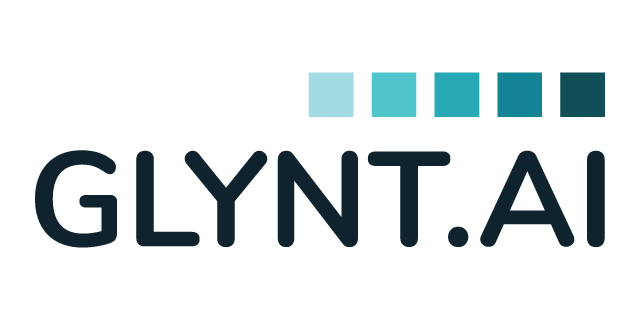Last week, the Net Zero Assets Ownership Alliance (NZAOA) issued new standards for Net Zero. These standards have real teeth, as NZAOA members represent $11 trillion in assets under management.
The new standard calls for two changes when reporting Net Zero targets:
- Carbon removal projects can no longer be included in the Net Zero plan
- Private equity assets must set reduction targets and must report by 2025
This is a game changer for the leaders in sustainability reporting who have invested millions in both preparing data to get to a total emissions figure and buying offsets to bring those emissions down to zero. Based on the most recent reports, here is how the new NZAOA standards will impact some of the sustainability leaders.
Company |
Emissions (MT CO2e) |
Offsets (MT CO2e) |
Net (MT CO2e) |
Increase in Reported Emissions |
|---|---|---|---|---|
| Apple | 22,530,000 | -670,000 | 23,200,000 | 3% |
| Applied Materials* | 93,272 | 0 | 93,272 | 0% |
| Amazon | 71,400,000 | 0 | 71,400,000 | 0% |
| Salesforce | 1,096,000 | -1,096,000 | 0 | 100% |
| 11,371,205 | -6,757,312 | 4,613,893 | 146% | |
| Microsoft | 13,785,0005 | -1,400,000 | 12,385,000 | 11% |
| Unilever | 2,958,761 | 0 | 2,958,761 | 0% |
*Scope 1 & 2 Only
Also, down in the weeds of emissions reporting there is another apples-to-oranges problem. Apple reports on emissions from how its products are used, as does Unilever. These are included in the reported Scope 3 emissions. Other companies do not. Expect more consistency on this aspect as standards become final in 2025.
The bottom line is that the spotlight shining on accurate net zero emissions reporting is actually shining on the emissions data itself. This reinforces the need for accurate, actual and audit-ready emissions data.
Talk to GLYNT. We can help every financial and sustainability team get that actual, footprint-wide sustainability data required for reporting and for building the capital efficient reduction plan. Comply with climate disclosure mandates, deliver operational savings. And integrate with existing business processes.
Awesome sustainability data is the first, no-regrets step to meeting the new reporting requirements.
